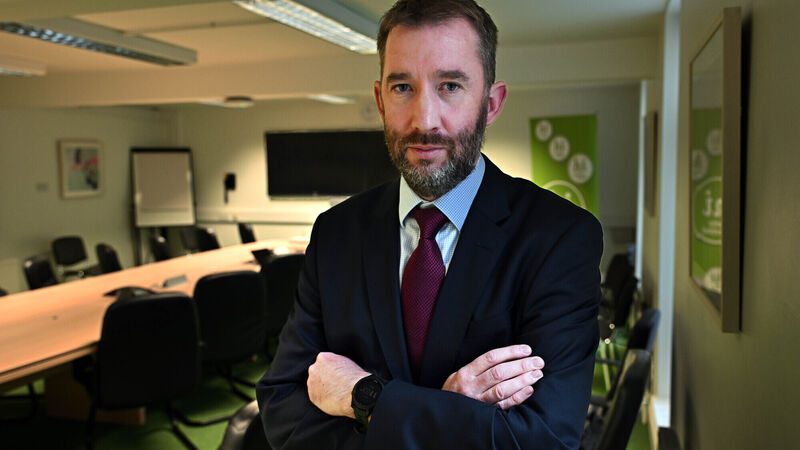People without health insurance increasingly unable to get cutting-edge cancer meds they need

Oncologist Michael McCarthy: '[I]f the EMA approves something today, then tomorrow the private patient will be able to access it — but for the public patient, it might take two years. Picture: Ray Ryan













